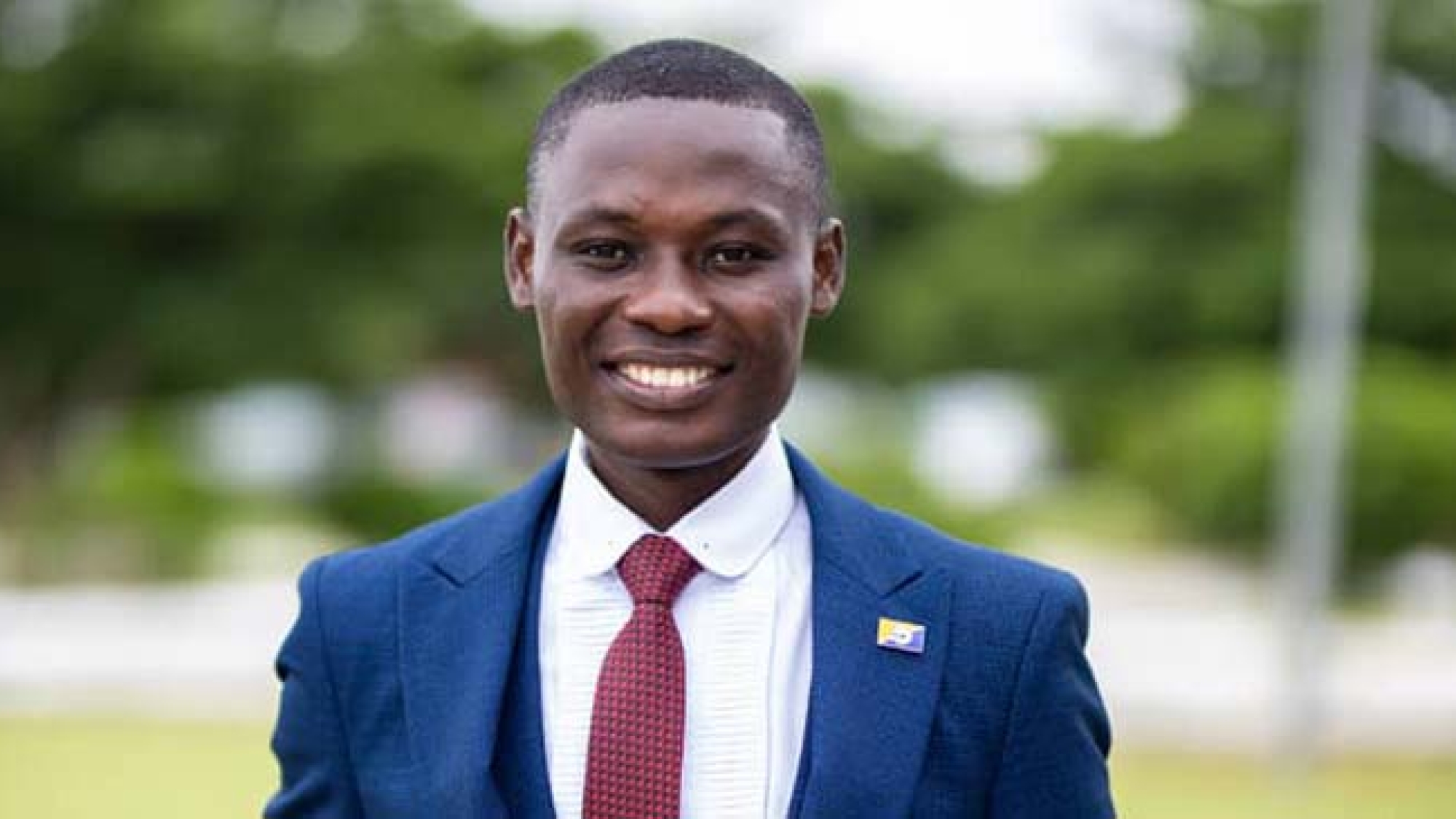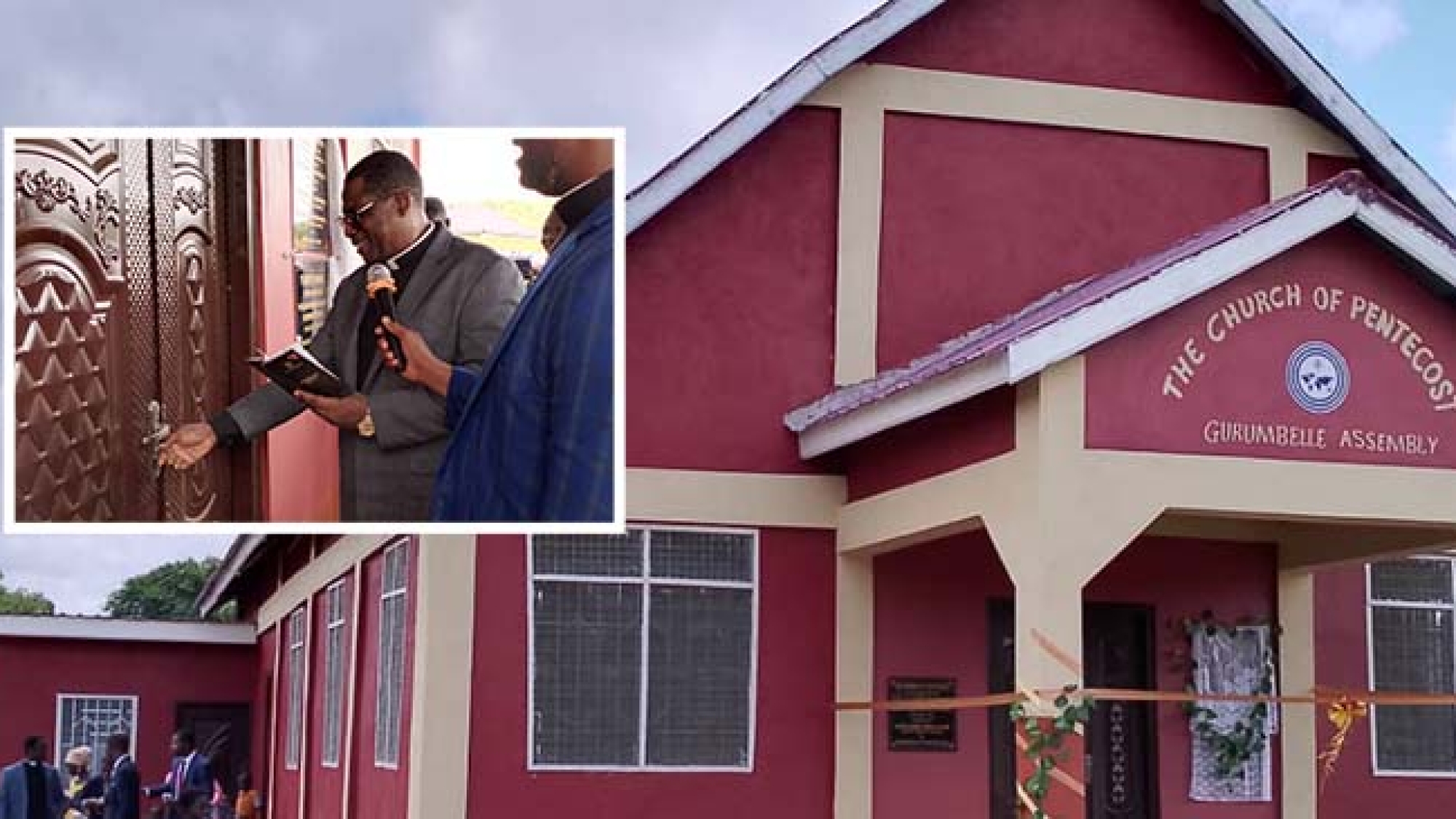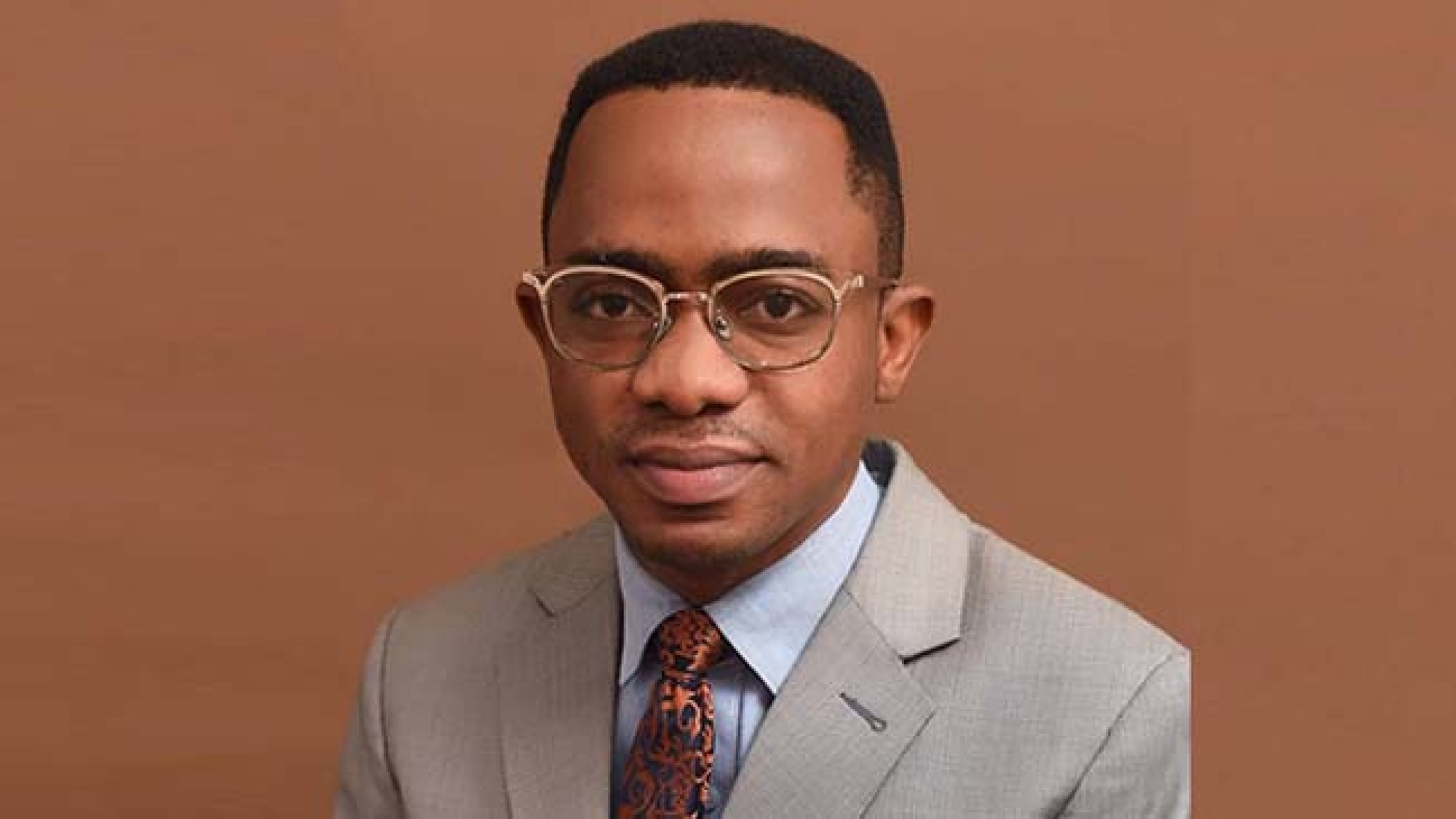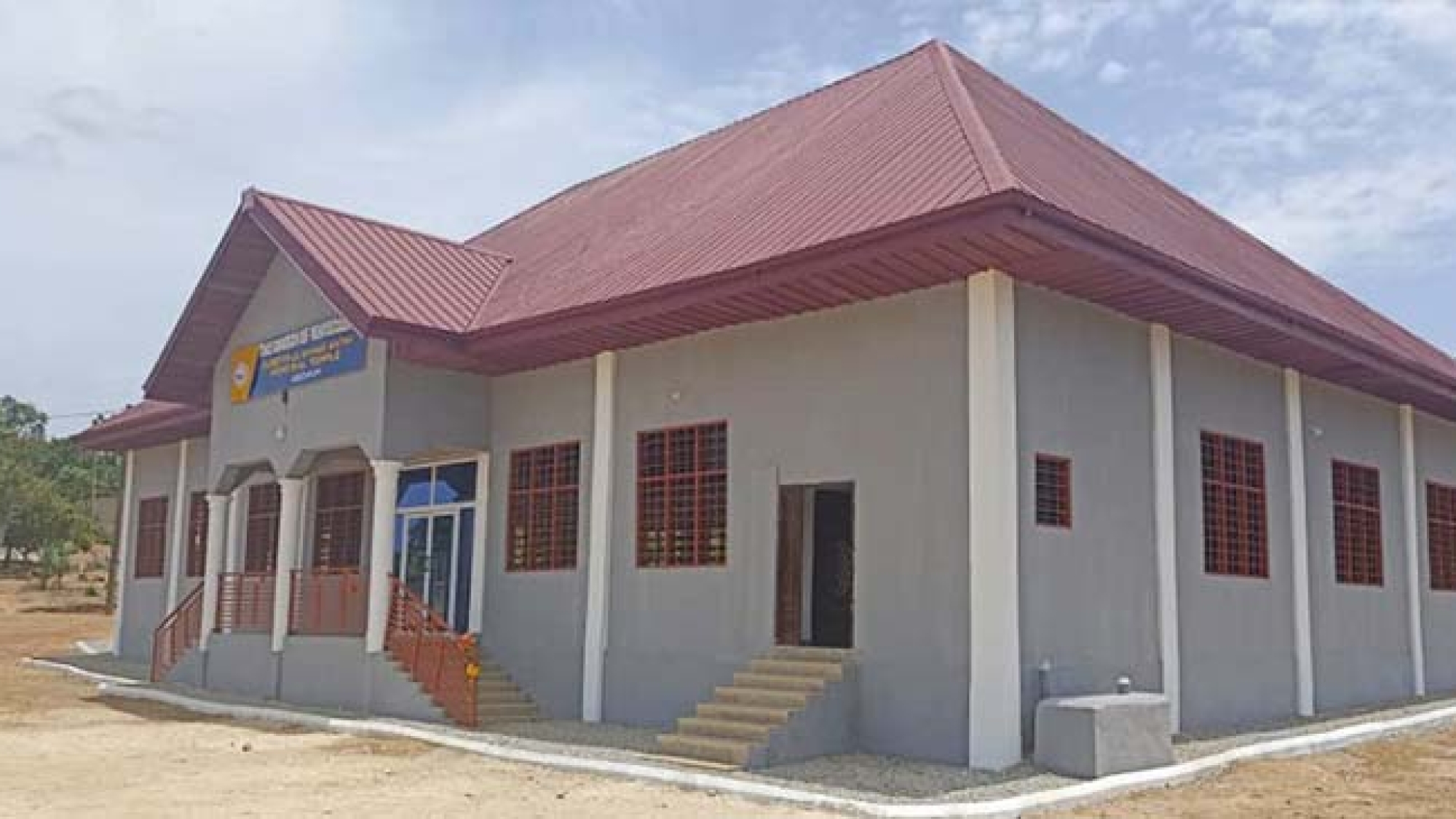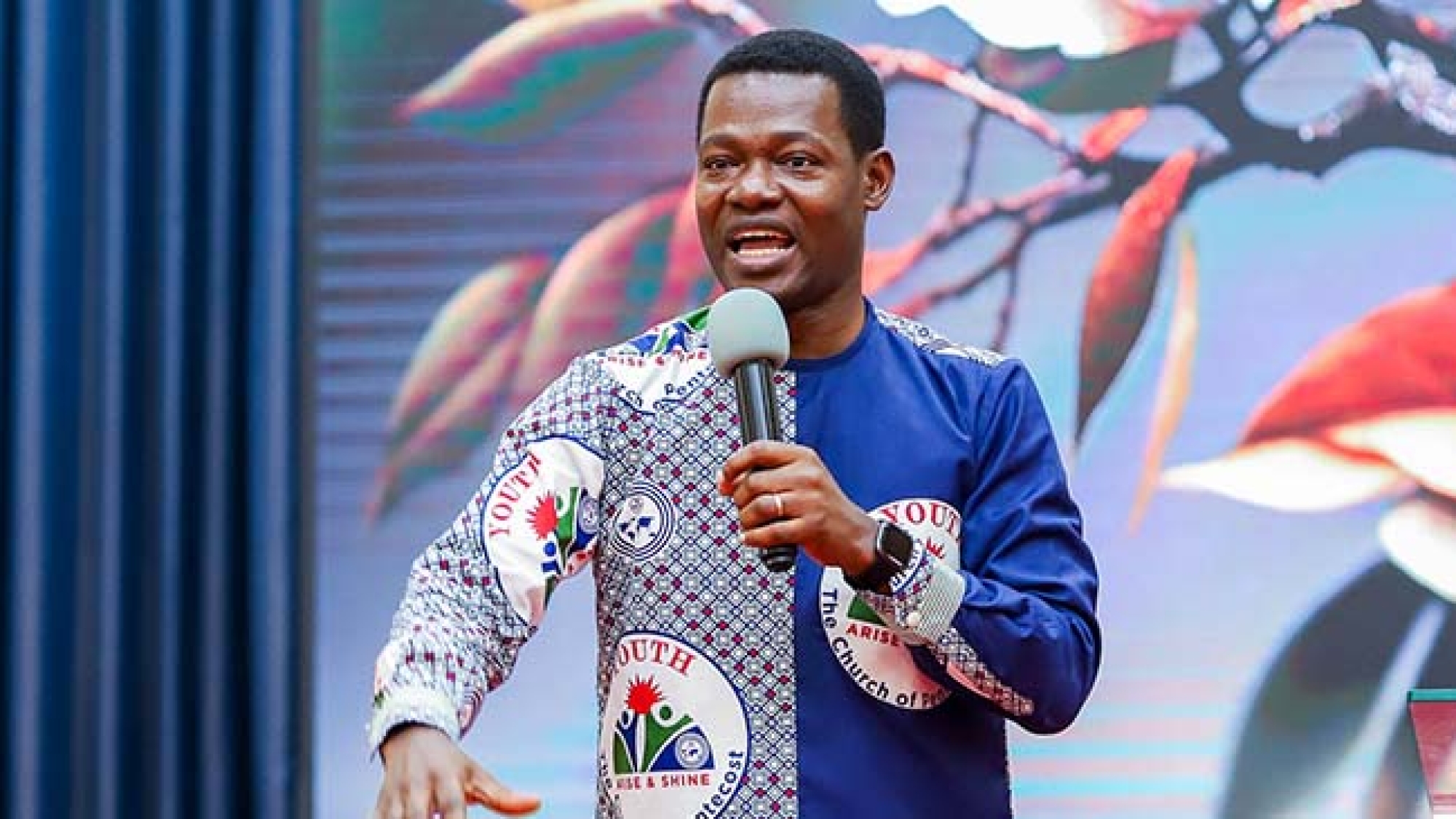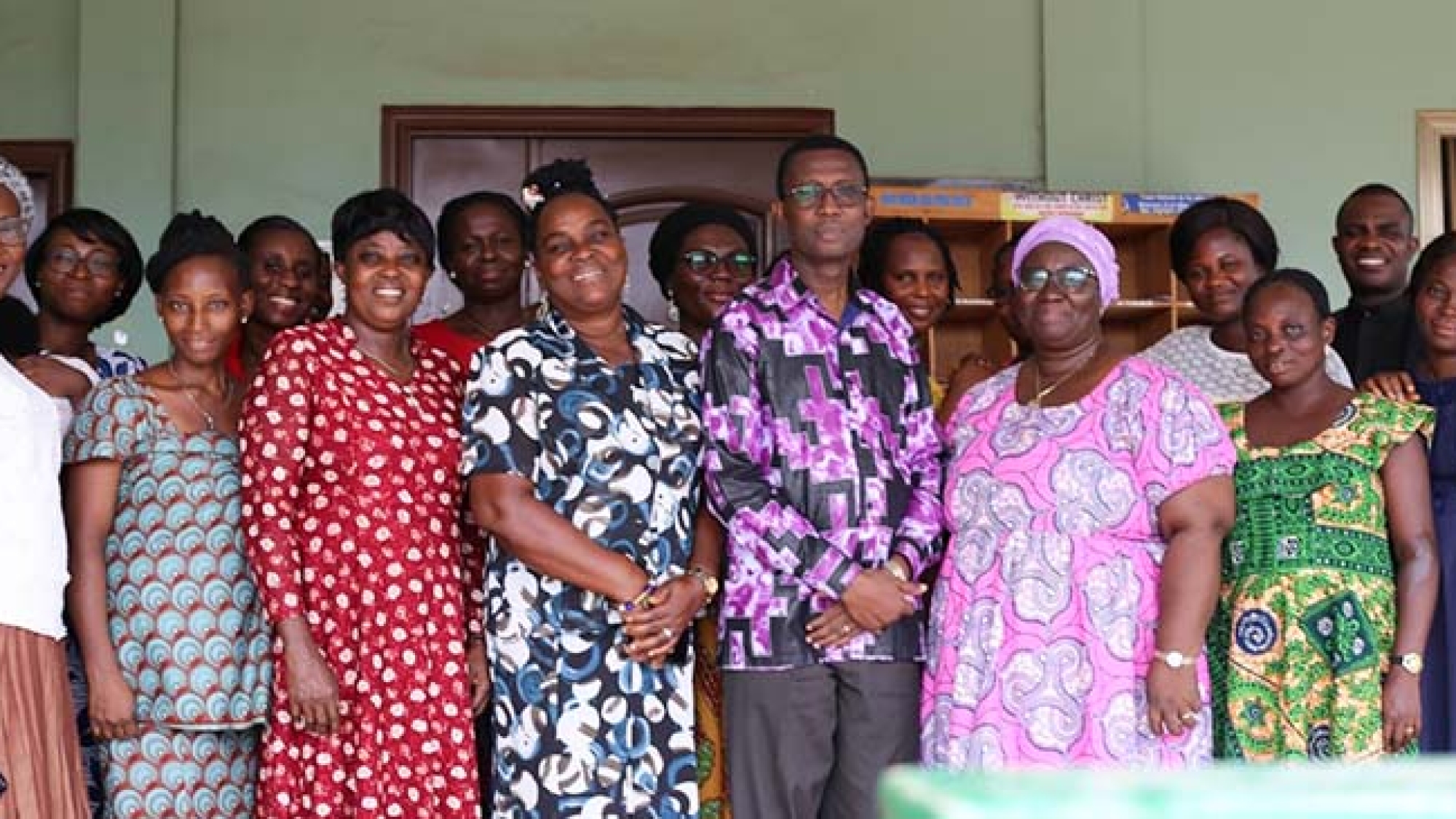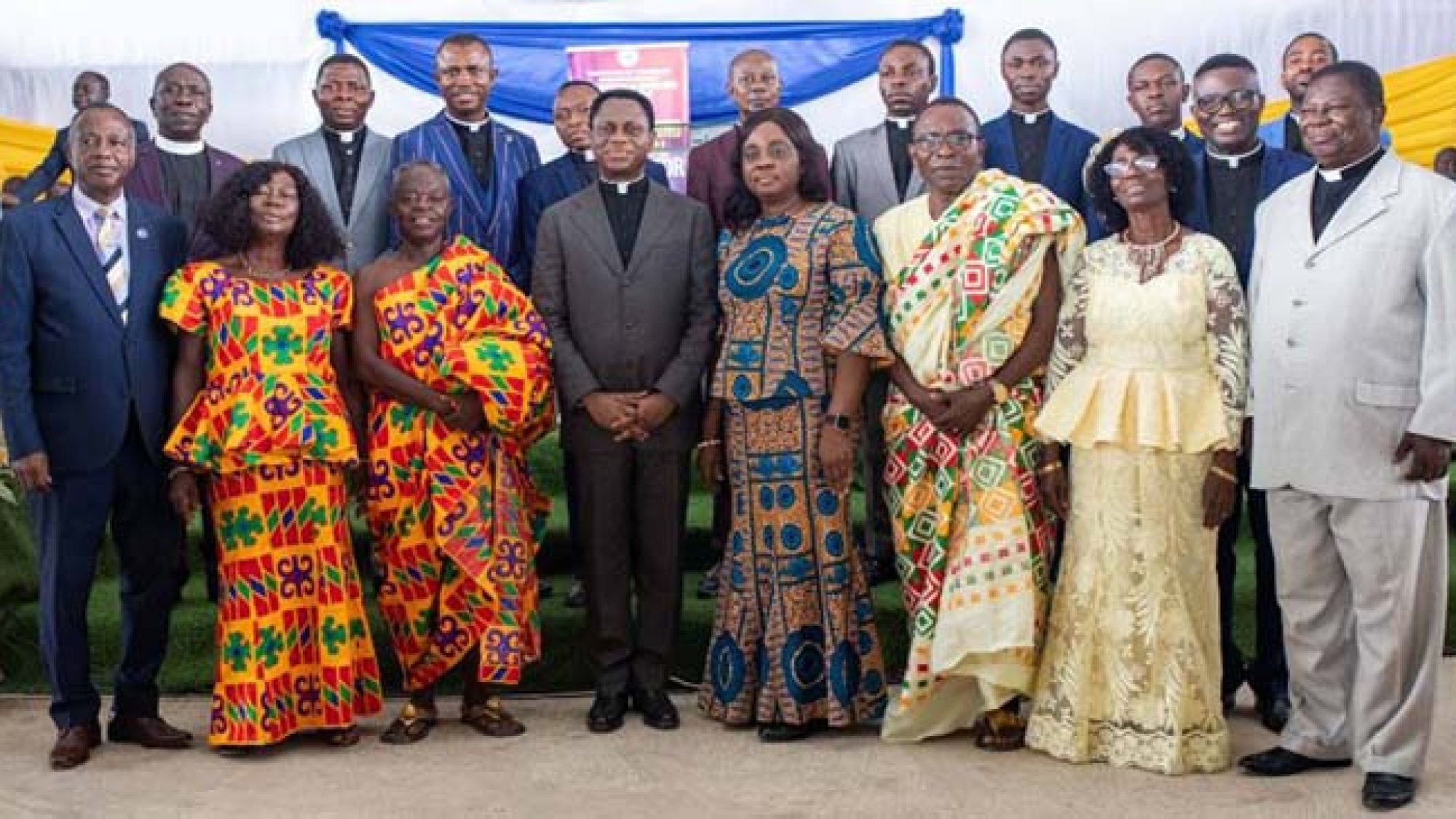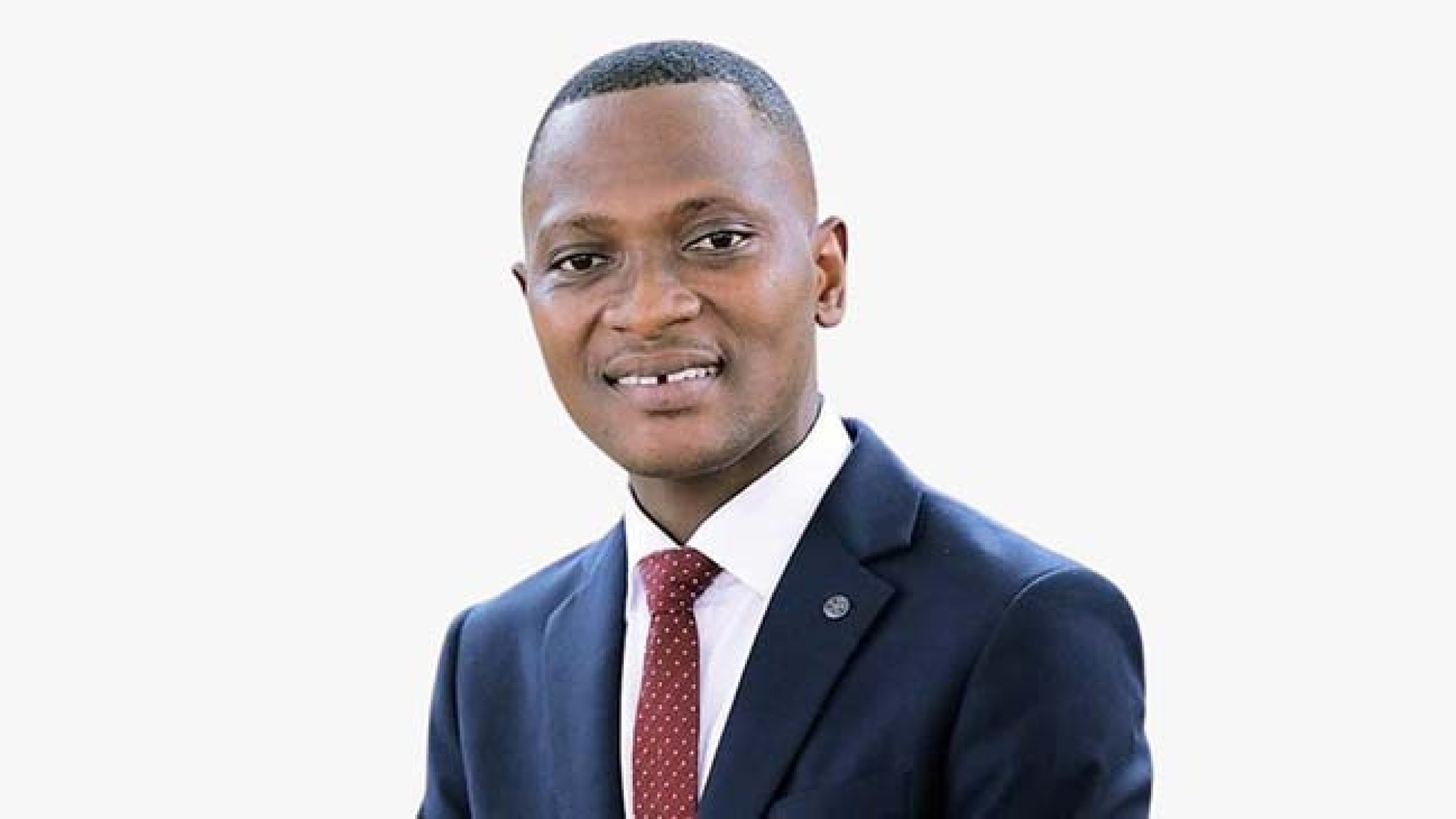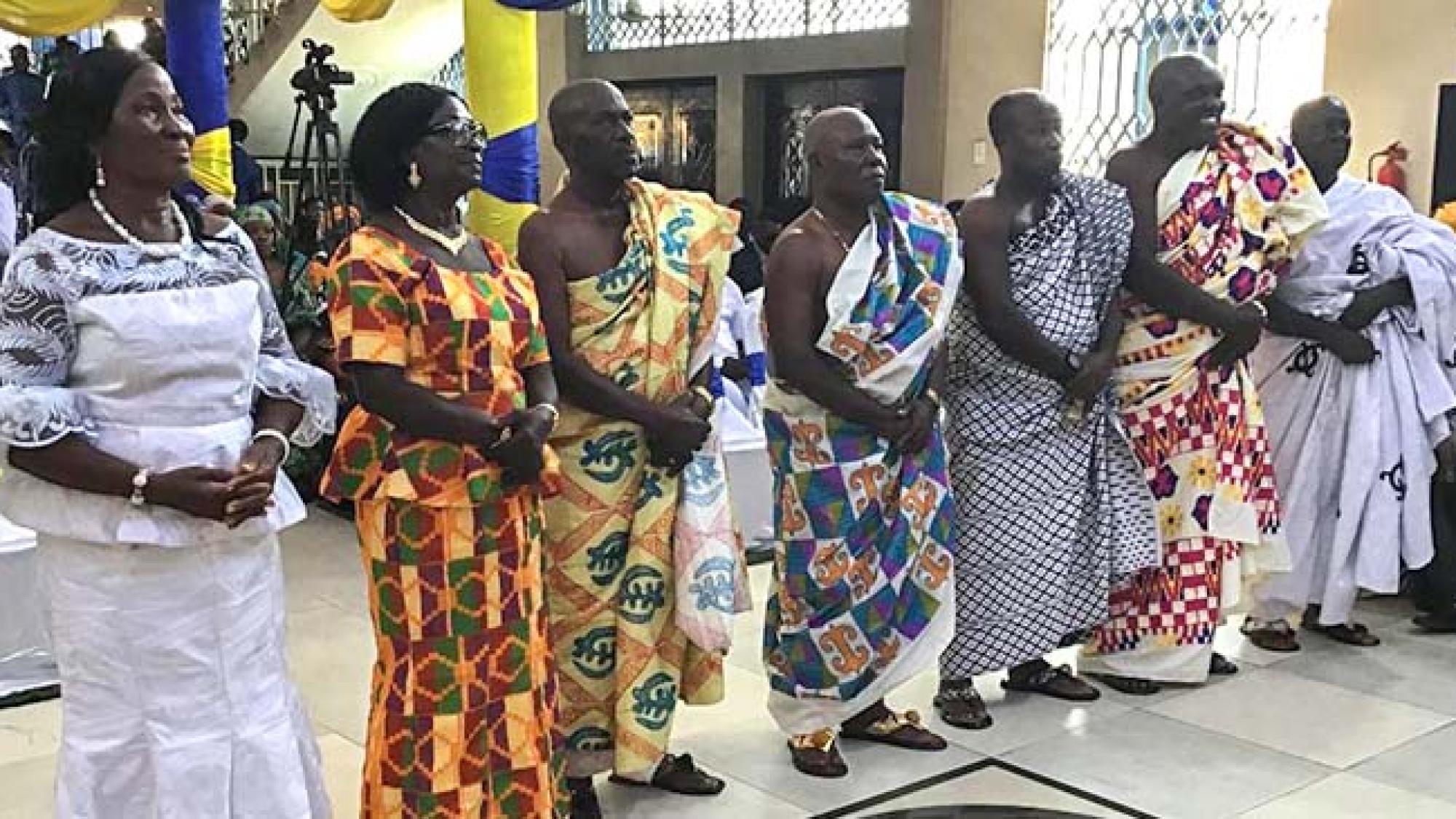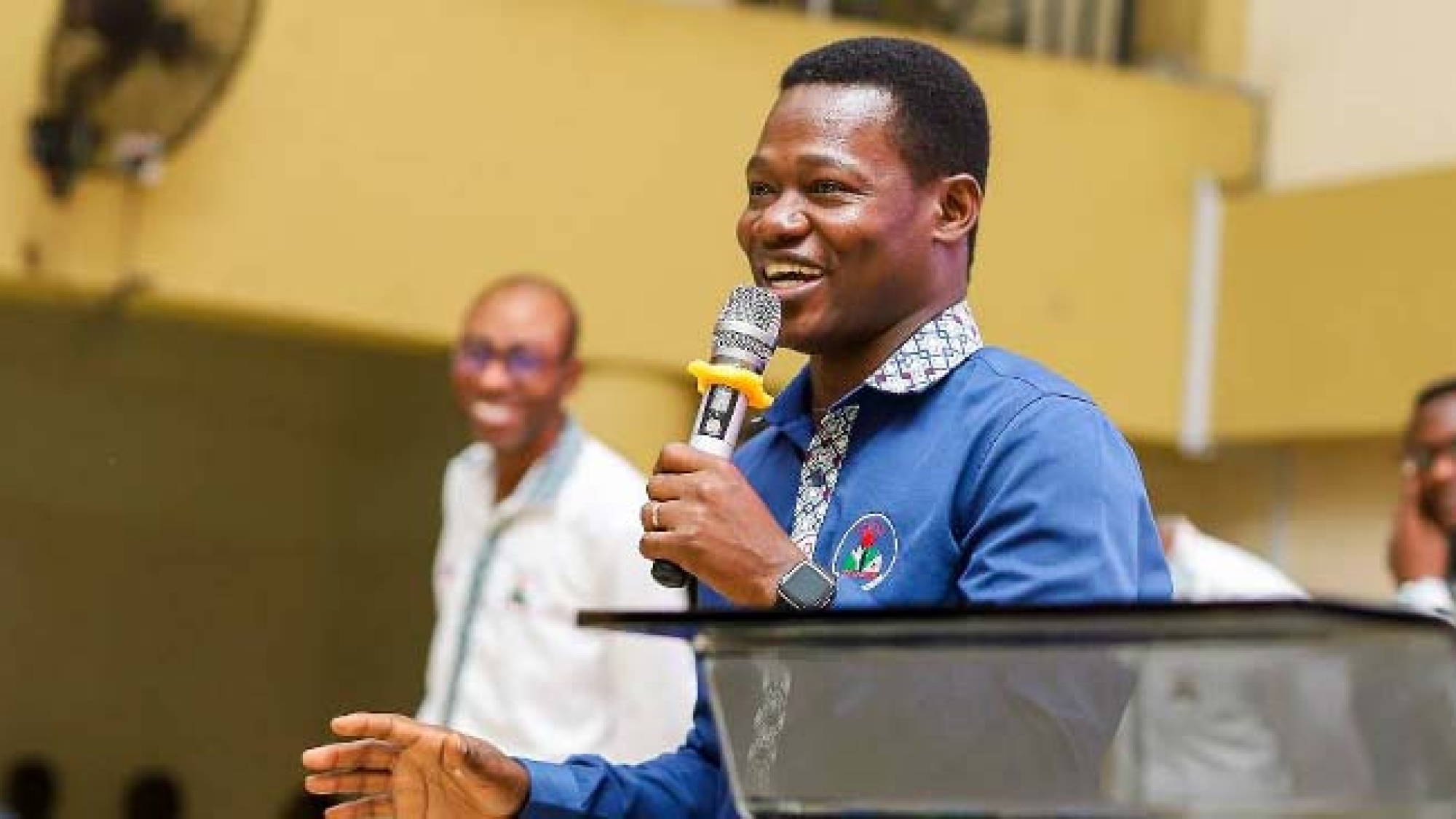Introduction
Following the charge given by the Lord Jesus Christ for his disciples to venture into the world, evangelize and disciple the nations (Matthew 28:18-20), the Christian faith has been on a pilgrimage. The fire of the Gospel has been burning its way into diverse cultural contexts. The journey of Christianity has been essentially eventful. The progress of Christianity creates a picture of water flowing through a landscape of an array of topography. As it ebbs along, it takes the shape of the valleys, traverses the hills, bridges the canyons, and generally finds an abode on the land. In the same vein, as Christianity encounters the cultural centres, it expresses itself in terms of the cultural ideologies and practices in which it finds itself. From Jerusalem to somewhere in Africa, Christianity presses on in the power of the Holy Spirit. It has always triumphed. There are always issues of Gospel and Culture encounter whenever the Gospel makes an incursion into a new territory with a unique cultural identity. Meanwhile, because God does not live himself without witness in the world (Acts 14:17; Romans 1:19-20), the Gospel always finds points of contact in these cultures. Where these familiar grounds in the culture and traditional religious apprehension are ignored in the imagination of the Gospel, Christianity becomes superficial and the faith of the people becomes wobbly. Against this backdrop, this article shall very briefly point out the sequela of the demonization of African culture and its attendant religion when Christianity entered Africa. It would discuss how vital engagement between Christianity and African traditional spirituality led to the rise of the Christian faith in Africa. Suggestions are given as to how Christians in Africa must relate to this religion of their ancestors towards a thriving Christianity.
The “Demonic” Victimization of African Culture and Traditional Spirituality
God is ultimately the originator of culture. He is the one who creates people and endowed them with the mind that they utilize to reflect on their surroundings and eventually inform their way of life. Culture encapsulates the entirety of the way of life of a people including but not limited to their language, food, religion, clothing, government, values, technology, and art. As people behold and reflect on the tangible aspect of their environment and the transcendental aspect, a worldview emerges. This is important to their way of life. This worldview connotes their philosophy of life and churns out unique beliefs and practices. It informs their religion. Today, to a significant extent, we can listen to and observe people from afar and tell who they are. We can thus talk about African culture, Western culture, and the diverse nuances within a large cultural pattern. Worldview, which is innate to culture, is thus intimately connected to the identity of a people.
Religion is key to culture. In Africa, religion is intertwined with all of life such that it is difficult to separate them. Religion in Africa is not that which is revealed to one person to be passed on to others. It is in continuity with the total way of life of African people. Africans are absolutely religious. This religion is African Traditional Religion. A unique spirituality emerges as Africans attempt to relate to the Transcendent. The various means by which the world of the spirit is approached in Africa define African Traditional Spirituality. This spirituality also includes the various attitudes Africans adopt in their quest to relate to the spiritual realm. This is the religion that Africans practised before the European missionaries entered Africa with Christianity.
I have indicated earlier that Christianity attempts to incarnate itself into the culture of any territory it enters. The Christian faith as presented by the European missionaries was cloth in cultural thought forms of the West. The West was very much impacted by the Enlightenment of the late 17th century to the early 19th century. The missionary work which was done in Africa by Europe was done through the lens of the West. The missionaries could not engage adequately with the African culture to enable a great harvest of people coming to faith in Christ. Unsurprisingly, many of the missionaries overly struggled to plant thriving churches.
African culture, and of course, African Traditional Religion (since they are intimately intertwined) was treated with contempt. It was regarded as animistic, primitive, and demonic. The result was that Christianity as was presented by these missionaries could not answers the questions and aspirations of the Africans who converted to Christianity. The result was a Christianity faith that was not deep-seated. In times of trouble, many of the African converts revert back to the African Traditional Religion for answers mainly through divinatory consultation. This is the result of the victimization of the African culture and religion. The effect is even felt today.
This attitude to find answers to life’s challenges find expression in the chase after oracles from “men of God” who claim to have answers to the questions of life people are confronted with, only for them to become deceived and cheated. This is one of the Achilles’ heel of Christianity on the continent of Africa.
The Eddies of African Christianity
When the 20th century dawned, Africans strived to set themselves free from Western hegemony. From the arena of politics to religion, they sought to have inner reflections and to own their destinies. The first strand of resistance against Western dominance in Africa had a more political orientation. The second delves into the traditional religious recesses to express the Christian faith. These movements took inspiration from the Bible. The first reaction produced the ‘Nationalist’ churches or the ‘Ethiopianist’ churches. The AICs are the product of the second means of dealing with imperialist religious ideas that do not appeal to their (Africans’) worldview. These are churches that have been established as a result of the direct ministry of some indigenous prophetic figures. With respect to Ghana, their rise has been linked to the ministry of William Wadé Harris and Sampson Oppong. Garrick Sokari Braide is another important figure in the rise of AICs in West Africa. Other forerunners of the AICs include Simon Kimbangu of the Congo and South Africa’s Isaiah Shembe among others.
The display of spiritual power by the AICs appeals more to the Africans. This power ministry brought home the Gospel to them. The AICs became the precursors of the Pentecostal, then, the Charismatic movements in Africa. The AICs have been classified as Pentecostal today. These expressions of the Christian faith responded to the religious aspiration of the Africans since it engaged with vital elements of the African Traditional Spirituality. Pentecostalism, therefore, won many African converts when it swept over the African continent. Where the European missionaries struggled to win converts, the Pentecostal churches flourished. Engaging with African Traditional Religion, which is intimately interwoven with the African way of life is the eddies of Christianity in Africa.
In all of this rise in Christianity in Africa, Bible translation into the mother tongues of Africa played a major role. It was a catalyst indeed. These translations utilize elements of the African Traditional Religion. For instance, God in English has been translated into the Akan Bible as Onyankopɔn, Mawu in the Dangme and Ewe Bible, and Nyɔnmɔ in that of the Ga language.
Another example is the word “priest” as used in both the Old Testament and the New Testament. Literally, the term “priest” should have been rendered wɔnɔ in Dangme but osɔfo was used in place of wɔnɔ. Strictly speaking, osɔfo does not exist in Dangme. It was, arguably, loaned and altered slightly from Akan, which uses asɔfo for servants at the shrine. The Ewe Bible also uses osɔfo. The Akan uses ɔsɔfo for a Christian priest or pastor. Somehow, ɔkomfo, the actual term for an Akan traditional priest has been used synonymously with osɔfo. An ɔsɔfo is one who has a particular task at the shrine. He is not the one who is possessed by a deity and used as a vessel by the deity. However, the functions of both the ɔsɔfo and ɔkomfo are priestly. The point of the note here is that that Christian priest became ɔsɔfo, a term taken from the African Traditional Religion just like Onyankopɔn and Mawu among other personal names for the Supreme Being in various African languages. This means that the Almighty God is not a new concept introduced by the European missionaries. He is known in Africa already.
I could go on to give more examples including but not limited to such thematic terms like atonement, purification, angel, prayer, and prophet. Essentially, the African who becomes a Christian would realize that per his or her past in African Traditional Religion or Spirituality, he or she has encountered a familiar faith. African Traditional Religion, therefore, becomes a preparatory ground for the Christian Evangel. This is God leaving a witness of himself in the world. He is still working in the world in various cultures.
Concluding Remarks
Jesus Christ is Lord overall. Our appreciation of his Lordship calls for fruitful engagement with other faiths. In a religious pluralistic context, it is not an outright condemnation of cultures and religions but a vital reflection on them to be able to turn all cultures to Christ. If you treat chieftaincy as demonic because of its association with the ancestral cult through its black stool rituals and shun away from it, how can you possess that institution for Christ? This also includes other aspects of African culture and religion such as festivals, naming ceremonies, funeral rites, puberty rites, and other aspects of the African culture. It is laudable to see Christians doing works on how Jesus Christ comes alive in traditional festivals; how the sacrificial cult helps us to understand the atonement in Christ; how key aspects of the Bible come alive when expressed in the African context, and to see African theological reflections on other themes of the Christian faith. May we not repeat the mistakes of the past. Let us not victimized African Traditional Spirituality again. Let all cultures be passed through the sieve of the Bible and may they be refined and converted to our Lord Jesus Christ.
Written by Elder Dr. Stephen Ofotsu Ofoe





